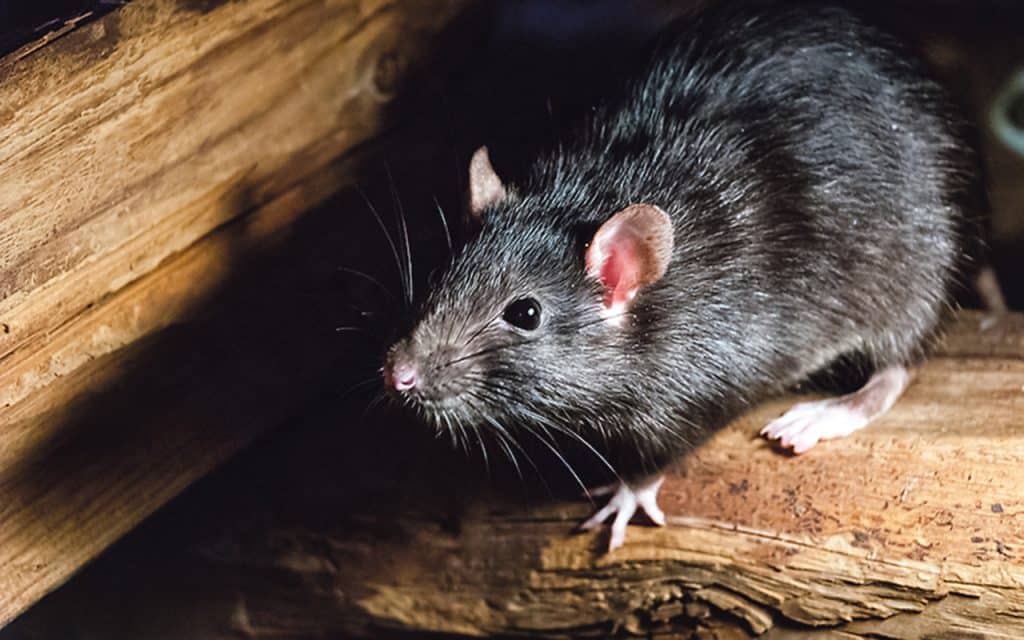This month, Ian Wild, a member of the Save Murragh Action Group, which is committed to protecting the Bandon River Valley, discusses the responsibility of the decision makers around planning and its implications for future generations.
The future is hard to predict, some might say, impossible. So planning for the months and years ahead is notoriously tricky. Yet some things ‘are’ more likely to happen than others. We might have a few sunny days, but it’s going to rain, I think we all know that. A meteorite falling from the skies and squashing us is somewhat less likely. For those who plan our futures in government and council offices, there is a big responsibility to work with these probabilities. Getting them wrong can have heavy consequences for future generations. Take the West Cork Railway. Was it good planning to close it down? Not many people think so now. Does anybody? Reasons were given at the time. Mostly (of course), financial, and mostly in retrospect quite spurious. We could cut the CIE a little slack and say it DID look like the motor car was (in terms of the probabilities) the coming mode of transport. Trains might in the early 60s have seemed as passé as a penny farthing. To fast-forward into present-day Cork with all its traffic jams and congestion, which a train network would greatly alleviate, was quite beyond those wielding the axe. They could not foresee that it would be a nightmare parking in the city. That commuters would zoom in and out of Cork morning and night from outlying towns. It would have seemed unlikely when, at the time, only one in ten households had a car? (Though a little thoughtless in which case to cut a train service.) Also, how could the CIE predict the future importance of tourism, and foresee that those from other countries (and indeed their own) would wish to splash about so much in the waves and therefore a scenic railway with six seaboard stations (Cork, Kinsale, Baltimore, Bantry, Clonakilty and Courtmacsherry) would be an incredible attraction, not to mention helpful to local people and their economy? It was a lot for the CIE to imagine and they didn’t. The closure of the West Cork railway brought the largest civil protest in Ireland – 37,000 signatories on a petition. Which you would think would make the CIE at least pause. Again, they didn’t. And in retrospect it was a planning disaster of some magnitude, because ‘we can’t get the railway back’. There aren’t enough billions in the kitty. And therein lies the moral of this tale. Planners have an immense responsibility to those who come after them, for the things they allow to be destroyed now are often irreplaceable. Those who made the CIE decisions are long gone, but we are living with the fallout. Which brings us to the present and its probabilities that planners have to work with. We know we need a functioning planetary ecosystem. That is obvious. That is battering us over the head until we’re cross-eyed. Yet that ecosystem is being whittled away before our eyes. And it is ‘irreplaceable’. That is also as obvious as the likelihood of rain. Let me bring our gaze to the Bandon River. It is the host of a delicate interdependent network of wildlife. Destroy it, and another one cannot be magically bought off a supermarket shelf. When all that makes it necessary and amazing is gone, it will be ‘gone gone’. West Cork Railway gone. Already salmon populations are in massive decline, pearl mussel populations more so. Pearl mussels are the river’s water purifiers, they are rare anywhere and an endangered species across the world, but yes, still clinging on in the Bandon River, and any further industrialisation of this area will be disastrous for them. One application won’t end the river by itself, but it is all part of a whittling away of our precious surroundings and environmental infrastructure. An environment that we absolutely depend on. That belongs to our children and their children and their children into many tomorrows, as much as ourselves. For short-term profit, our environment and, in this case, the Bandon River ecosystem, is being pared away. A shaving here, a shaving there. ‘Oh it doesn’t matter. Sure it’s a place where there’s a few otters, fish spawning grounds, pearl mussel populations, weeds – it’s only one sliver being cut. It’s a long river. There’s miles of it.’ But that stick has already been whittled at a lot. And soon there will be none of it left. And all for what? Money. And that’s not money for everyone. Nor is it for future generations. And all this at a time when the environment is also under massive threat from climate change. When do the planners wake up to ‘what is probable’ here? When do they have a collective realisation that this whittling away will destroy something ‘that cannot be brought back’; that the environmental destruction they are considering is much, much worse than the closure of the West Cork Railway, because ultimately, we all live on the planet and need it to be a functional organism. As will future generations. The interlocking and interdependent systems of the natural world are being ruthlessly destroyed for short term profit. It needs to stop ‘now’. The planners don’t have to take it from me. Take it from the experts. Ecologists, naturalists, environmental and geo-scientists. Watch some David Attenborough. They are unanimous: Carry on paring away and our world is done for. It’s ‘as likely as you one day soon needing an umbrella’.


